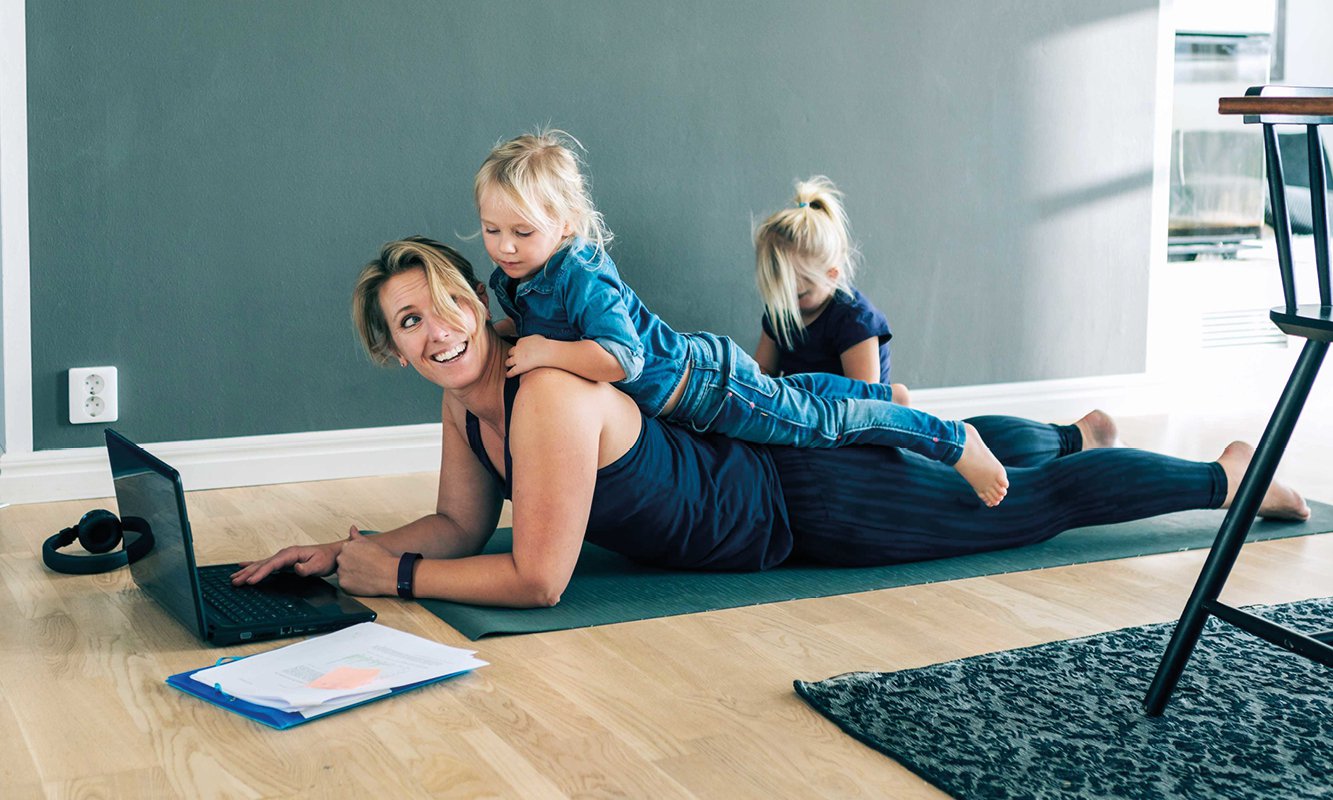Queensland Parliament last night green-lit a pilot project allowing the use of video recorded statements in criminal domestic and family violence (DFV) court cases.
Attorney-General and Minister for Women and Prevention of Domestic and Family Violence Shannon Fentiman said reforms in the Evidence and Other Legislation Amendment Bill 2021 paved the way for the use of police body-worn camera footage in court in support of DFV “survivors”.
Ms Fentiman said in a statement that the new legislation provided a framework for a trial that allowed video statements taken by trained police officers to be admissible as a complainant’s evidence-in-chief in criminal proceedings for a domestic violence offence, including breaches of DFV orders.
The reforms include a range of safeguards designed to limit the trauma and protect the privacy of complainants who give evidence in this way.
Ms Fentiman said: “Consideration was being given to the operation of a 12-month pilot which would run simultaneously in two Magistrates Courts locations at Ipswich and Southport, and further consultation will be undertaken soon with key stakeholders about the details of the pilot.
“The pilot will be the subject of an independent evaluation with impacts on fair trial rights of the accused, as well as the experiences of survivors being key components of this evaluation.”
On 1 February, QLS Proctor reported on a parliamentary Legal Affairs and Safety Committee (LASC) hearing at which legal bodies were divided on whether the proposed laws had the potential to further traumatise victims and possibly prejudice alleged perpetrators and their right to a fair trial.
While the Bar Association of Queensland (BAQ) made submissions opposing the pilot project, the move was given qualified support by Queensland Law Society (QLS) and Women’s Legal Service Queensland (WLSQ).
BAQ President Tom O’Sullivan, in a written submission, said: “The Association does not consider that recorded statements used in DFV and related criminal proceedings would increase access to justice or streamline proceedings for victims.
“In the Association’s view, the Pilot may impede the efficient administration of justice, is not required in the interests of justice and has the potential to prejudice an accused and their ability to obtain a fair trial.”
However, QLS President Kara Thomson and WLSQ’s then interim chief executive Kristen Podagiel backed the trial.
Ms Thomson said: “(QLS) acknowledge that there may be benefits to a victim as a result of the use of video recorded evidence in chief. Victims will not have to recount the facts multiple times, for instance.
“However, in other cases there may be disadvantages. For example, the way a victim’s evidence is presented to the court may be impacted, depending on the context and timing of when the recorded statement was taken. Pre-recorded evidence can sometimes be less impactful than evidence given personally.
“Further, where evidence in chief is recorded, parts of the recorded statement may be ruled as inadmissible and edited accordingly. Depending on the circumstances, this may have a positive or negative impact on the way in which the evidence is received.”
Ms Podagiel said: “WLSQ support the introduction of recorded statements in proceedings related to domestic violence matters, because we also see this as an opportunity to reduce the trauma on the victim complainant, and that if provided and used with the complainant’s consent, it is a real opportunity to capture the evidence of the domestic violence incident contemporaneously.”
Ms Fentiman last night said the pilot would further strengthen the Government’s response to DFV by ensuring the justice system supported victims in a trauma-informed way when they came forward.
“We know it can be extremely traumatic for victims of domestic and family violence (DFV) when giving evidence in court,” Ms Fentiman said.
“That’s why we will be running a pilot that will use police-captured camera footage as evidence-in-chief in domestic and family violence matters.
“This can reduce trauma for survivors by avoiding the task of telling their story multiple times and can reduce the opportunity for offenders to intimidate victims.
“We are unwavering in our commitment to protecting Queenslanders from DFV as we have recently demonstrated in our response to the Women’s Safety and Justice Taskforce’s first report.”








Share this article